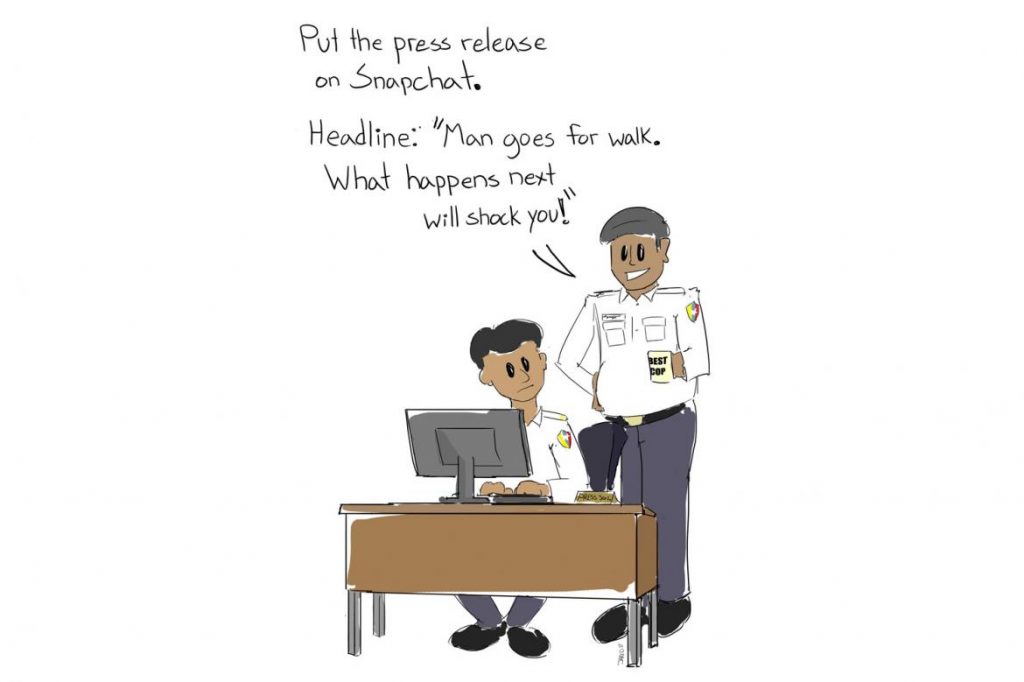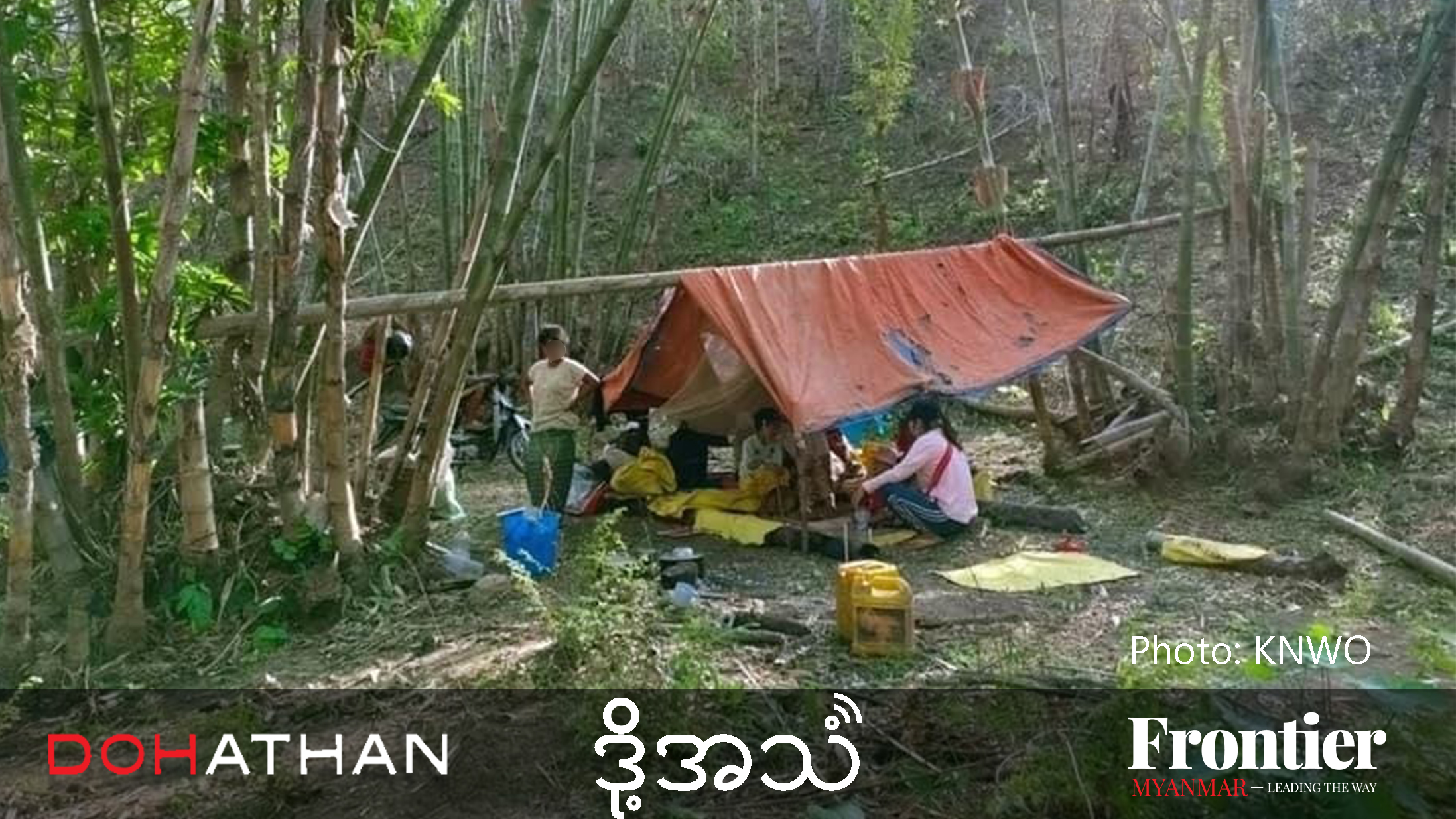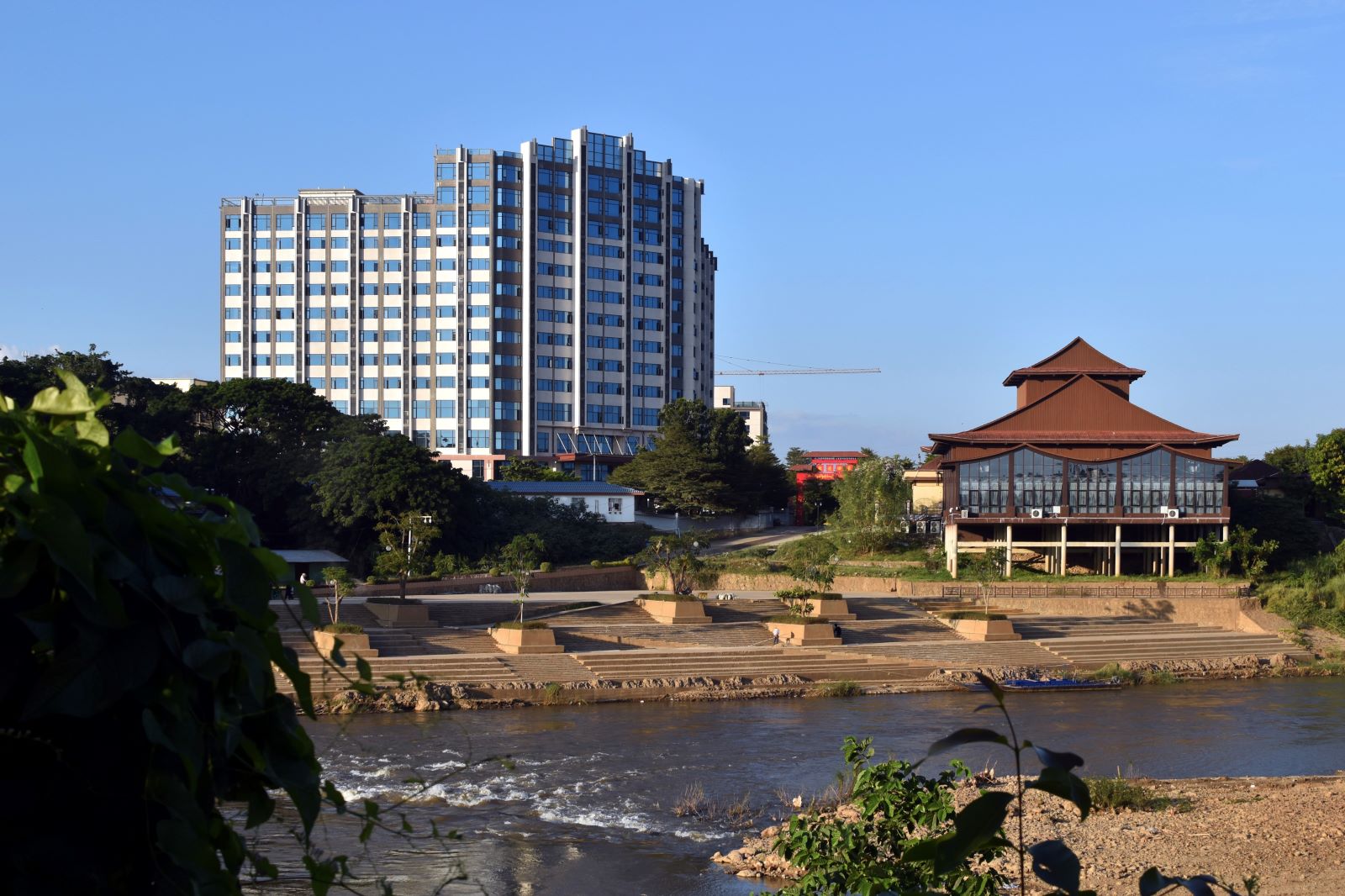The Myanmar Police Force needs to be much more considerate in how it handles personal information.
THE USE of Facebook by government departments to disseminate information has, on the whole, been a positive development in the country.
It has improved the transparency and understanding of government activities, while overcoming the space and time limitations of the printed newspaper or broadcast news bulletin.
But there is such a thing as too much information: a limit to what should be released into the public domain. Preserving one’s right to privacy is an area in which we all need to tread carefully.
The recent death of a couple in Thaketa Township provided a textbook case of how a government body could violate one’s privacy in the most tasteless and inappropriate manner.
The bodies were discovered in the couple’s home on June 1; both had apparently died from knife wounds. A short time later, the Myanmar Police Force Facebook page released highly graphic photos of the bodies in situ. It was an indignity that neither deserved, regardless of the circumstances around their deaths.
Support more independent journalism like this. Sign up to be a Frontier member.
It was also completely unnecessary. There was nothing to be gained from showing the bloodied remains. Police had already described the case as a murder-suicide, so they were hardly seeking help from the public to locate a killer.
In fact, it only undermined the police force’s version of events. Based on the photos, many questioned the official narrative. As a result, officers were later forced to provide more information to support their contention of murder-suicide.
Once these photos are in the public domain, on social media, they cannot easily be made to disappear. They will be shared, downloaded and copied, and remain online in perpetuity.
The police force is said to be in the process of professionalising and raising its capabilities. But it needs to be much more considerate in how it handles personal information. Privacy is just one issue.
In many police statements, for example, a suspect is typically described as though they have been found guilty, even before they have fronted a court. This is a violation of a person’s right to the presumption of innocence – that is, innocent until proven guilty.
Perhaps the police could consider using the media code of conduct developed by the Interim Press Council as a guide.
On the issue of privacy, it states: “The publication or broadcasting of information about the private or family lives of individuals without their consent is acceptable only where this is justified in the public interest.”
It later clarifies that “‘in the public interest’ is not the same as ‘of interest to the public’. Breach of this code is not justified by mere curiosity.”
If an image isn’t fit to publish or broadcast in the media, then you have to question whether it’s suitable to be posted on a Facebook wall. After all, on Facebook, everyone is a publisher (not least of all when it comes to section 66(d) of the Telecommunications Law).
Restraint is necessary in part because such photos are unlikely to breach Facebook’s community standards.
As The Guardian recently revealed, photos of violent death are often marked as disturbing, but they are only likely to be removed if they are accompanied by a comment celebrating the death. Even then, a moderator only removes content if it is reported, by which time millions of people may have already seen it.
In this environment, then, it’s up to social media users to exercise their own good judgement. If you see inappropriate images or videos being shared, don’t like or share them. Politely tell the person or organisation posting the material why you have a problem with it. If that organisation happens to be the police force, then all the more reason to speak out.
This editorial originally appeared in the June 8 edition of Frontier.







